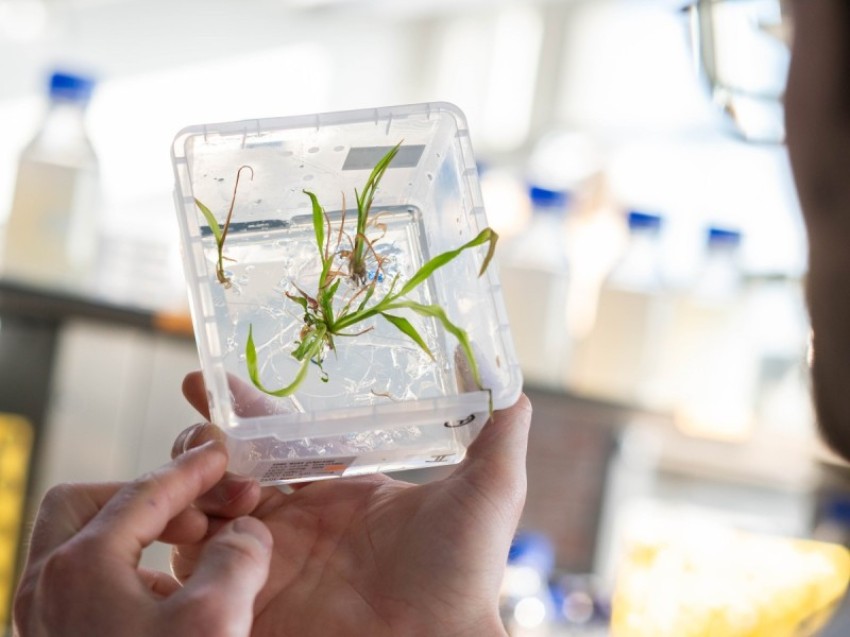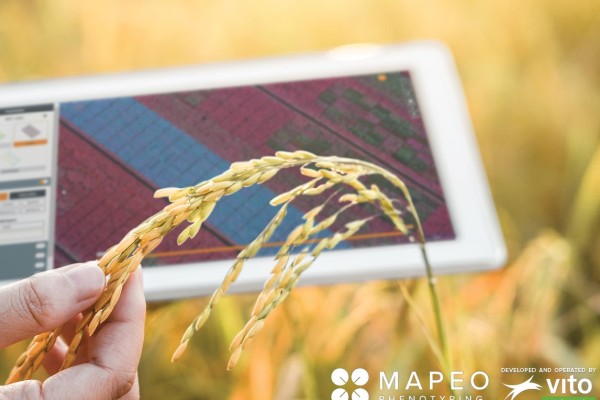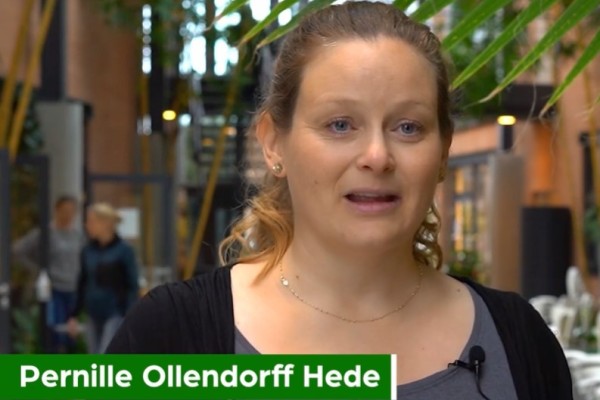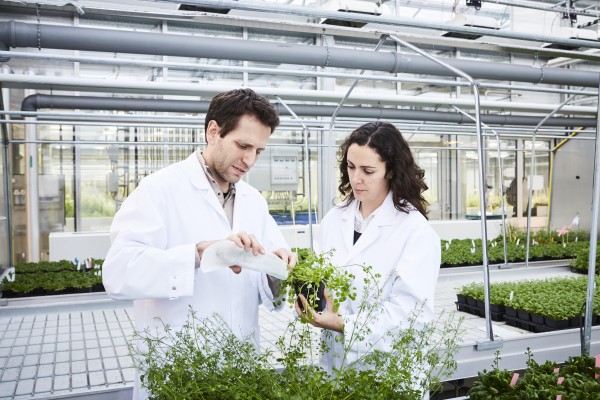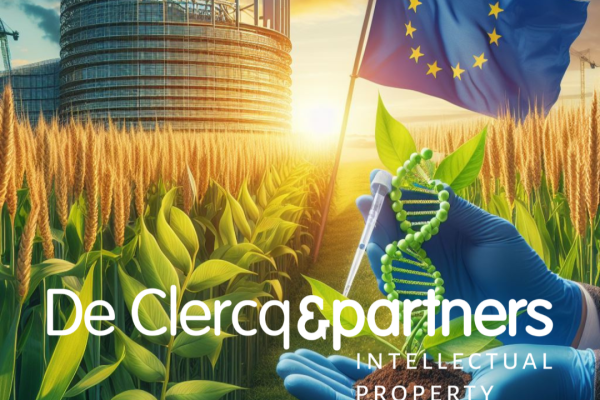Growing food demands imposed by an increasing population and the effects of anthropogenic climate change pose huge challenges for sustainable food production and ecosystem maintenance.
The scientific goal of the Cluster of Excellence in Plant Sciences CEPLAS is to understand causal biological relationships determining the expression of complex traits and the adaptation of such biological processes to changing environmental conditions, in order to provide necessary basic knowledge for better protection of climate, environment, limited resources and biodiversity in agricultural and horticultural plant production The knowledge gained in this research serves as a basis for precision breeding of (crop) plants and for (biological) plant protection and plant nutrition concepts that can effectively and efficiently fulfill these requirements and provide the necessary high yields, at the same time.
CEPLAS integrates the resources of the Universities of Cologne and Düsseldorf, the Max Planck Institute for Plant Breeding Research, and the Forschungszentrum Jülich into an internationally leading plant science center that attracts world-class faculty and junior researchers. The cluster unites nearly 150 researchers collaborating in a highly interdisciplinary environment, with experimental scientists from plant genetics, breeding, developmental biology, plant biochemistry as well as theoretical researchers from computational biology, synthetic biology and modelling. This composition allows unique synergies that enable a comprehensive targeted study of the research questions.
CEPLAS also develops and promotes innovative training programs for early career scientists. Therefore, CEPLAS offers first-class training and study programs to students, doctoral and postdoctoral researchers to prepare the next generation of plant scientists and bioinformaticians. Recent advances in technology and methodology demands a rethinking and redesign of plant science training. The focus will be on interdisciplinary approaches and a broad knowledge in statistics and bioinformatics. The CEPLAS training programs integrate classical training courses with training in quantitative biology, synthetic biology, and computational approaches. For undergraduate students, the cluster has implemented a new, international Bachelor Study Program in Quantitative Biology. Within the Graduate School, currently almost 50 PhD students work on their dissertation research. On the (senior) postdoc level more than 30 scientists implement the Cluster’s research program.
With a variety of measures, CEPLAS also supports the transfer of its research results into socio-economic exploitation. Training of scientists in this field, intensive interaction and cooperation with the private sector, and stimulating entrepreneurship in the community of CEPLAS scientists are key elements, in this sense.
“Fundamental plant science holds huge potential to achieve the Sustainable Development Goals through discovery and science-based solutions. Excellent fundamental plant science and interdisciplinary research are essential to develop knowledge-based strategies for food security, economic and environmental sustainability, and the mitigation of climate change.”, says Prof. Andreas Weber, Speaker of CEPLAS.
The CEPLAS member Prof. Dr. Björn Usadel, Director at Forschungszentrum Jülich (April 17) and the CEPLAS speaker Prof. Dr. Andreas Weber, Professor of Plant Biochemistry at Heinrich Heine University (April 18) will be speakers at the Crop Innovation & Business 2023 conference.

